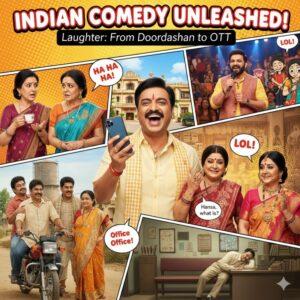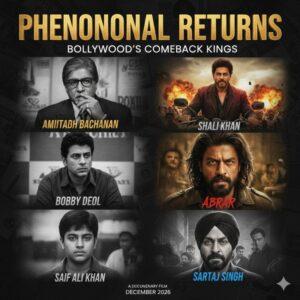Bollywood’s relationship with the LGBTQIA+ community has been chaotic and complicated. The industry has been rather apathetic and problematic in being accomadating and respectful towards the community.
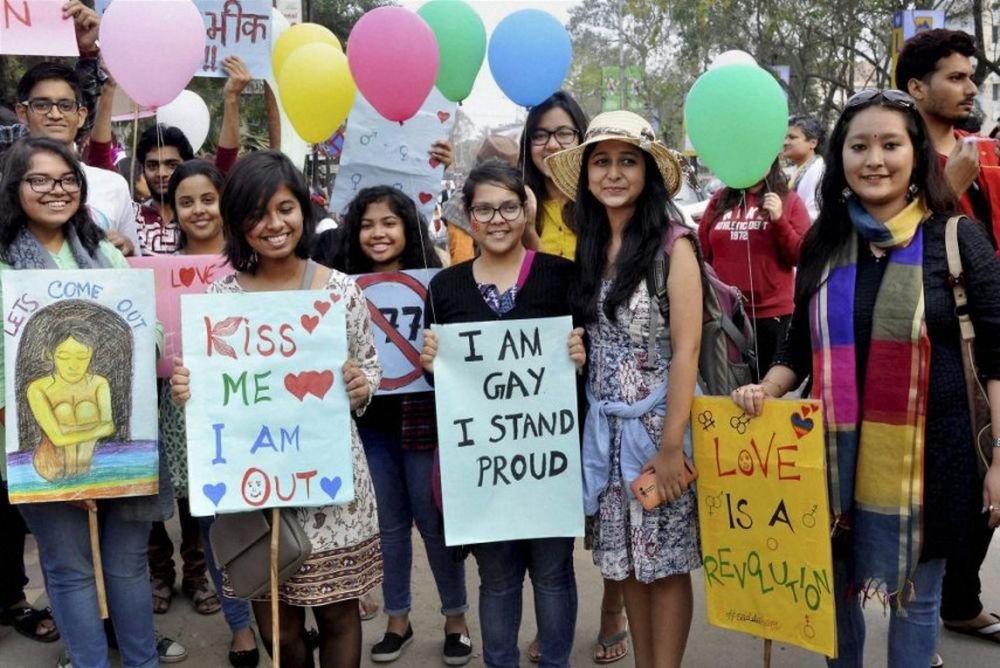
Five years before Naz Foundation filed a PIL challenging Section 377, Deepa Mehta’s Fire faced widespread protests and traditional criticism. The idea of women’s love outside wedlock and in a lesbian relationship was unacceptable to audiences. However, times have somewhat evolved since Mehta’s venture. Recent examples like Made in Heaven or Badhaai Do, along with more funding and support to LGBTQ+ filmmakers are a direct result of the removal of 377.
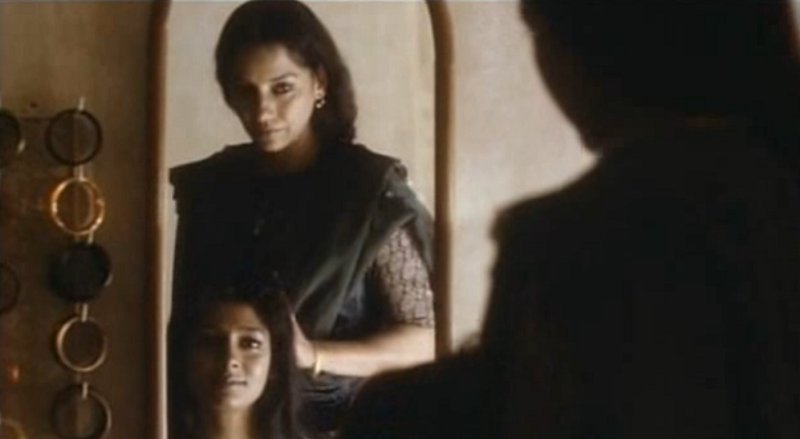
However, a couple of respectful LGBTQ+ leads do not absolve Bollywood of the decades of “Tumhara naam Jay Mehra nahi, Gay Mehra hona chahiye tha” level of comedy.
The landmark judgment led to a boost in rainbow capitalism in India and an increase in equal job opportunities for queer communities. Prior to the ruling, much like Kantaben in Kal Ho Naa Ho, Bollywood trembled at the mere thought of gay and lesbian people being anything but comic reliefs. Many films depicted queer people as comics or predators, including Dostana, Student Of The Year, Dishoom, and most of Suresh Menon’s filmography.
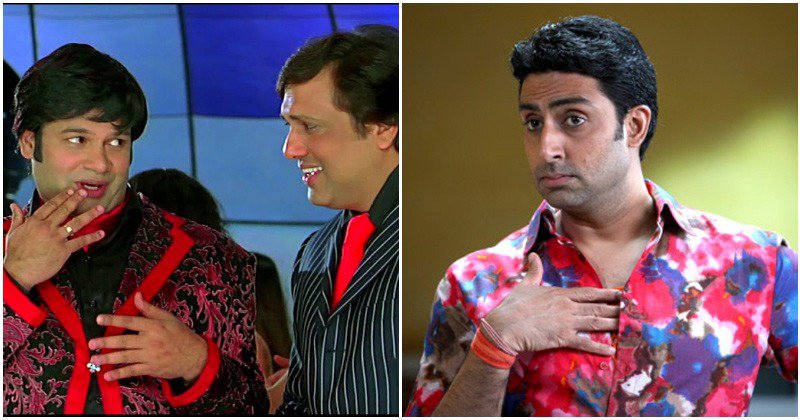
If not the butt of jokes, Bollywood saw queer people as the faceless, quintessential clowns dressed in bright clothes, with squeaky voices. Now, however, society and Bollywood are seeing some changes. While 2022’s Jugg Jugg Jeeyo still had a background gay man who was portrayed as obnoxious and predatory, the content has changed. A number of films like Kapoor and Sons, and Ek Ladki Ko Dekha Toh Aisa Laga contributed to mainstream narratives about queerness.
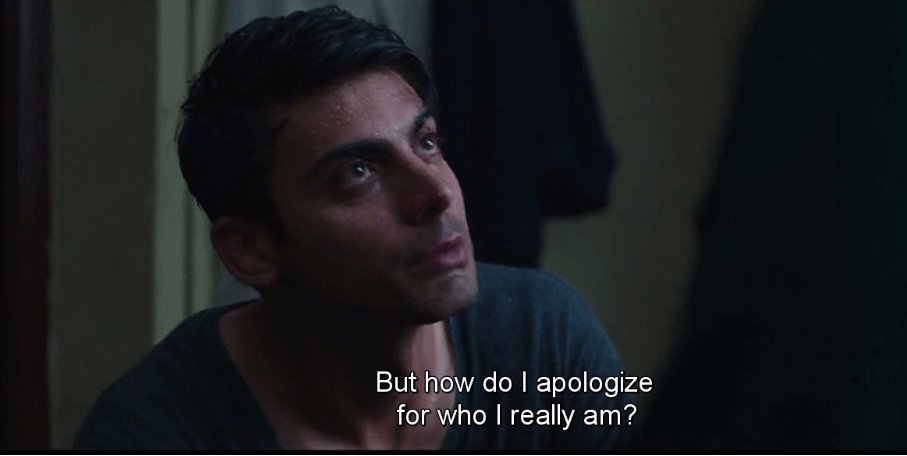
On the other hand, shows and movies after the judgement depicted the freedom that it brought. Amazon Prime’s Made in Heaven is applauded for showing a multidimensional gay character. Karan is not a gay man and nothing else, the show is not about his sexuality. He is a flawed entrepreneur who struggles with finances and family dynamics, while also being gay. Netflix’s Ajeeb Daastaans‘ Geeli Puchchi did the same in an intersectional light with a working class Dalit Queer woman being the focal point.
More recent examples include Badhaai Do, starring Bhumi Pednekar and Raj Kumar Rao. It is the story of a lavender marriage between a gay cop Shardul and sports teacher Sumi. The movie explores homophobia, homosexuality, heteronormative ideas of marriage, and chosen families.
Other recent movies include the gay desi-romcom Shubh Mangal Zyada Saavdhan and Chandigarh Kare Aashiqui. While the movies did showcase LGBTQ+ characters as protagonists, the underlying homophobia and transphobia were apparent. The former mocked conversion therapy, the latter had an exclusionary transmedicalist perspective to transition.
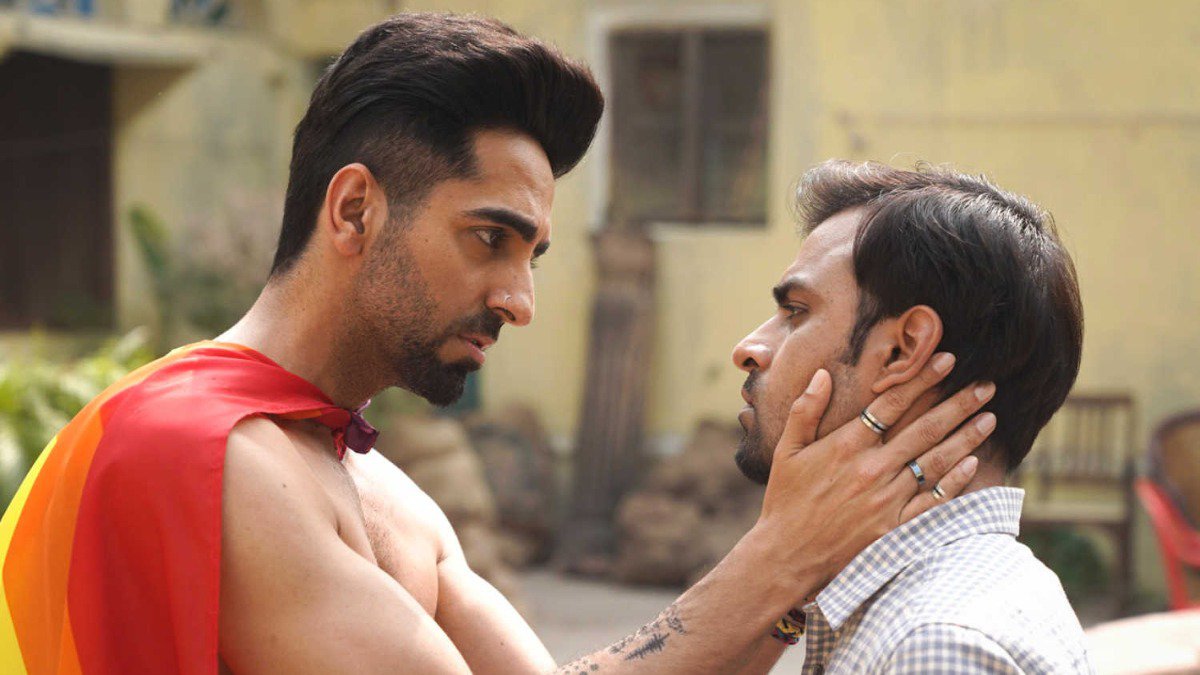
These are examples that are looking to pave the way. However, most mainstream movies have continued to have a skewed portrayal of homosexuality. While trying to be sympathetic to the plight of sexual minorities, they continue to propagate the same stereotypes that have been associated. There is a long way to go but there is progress.




